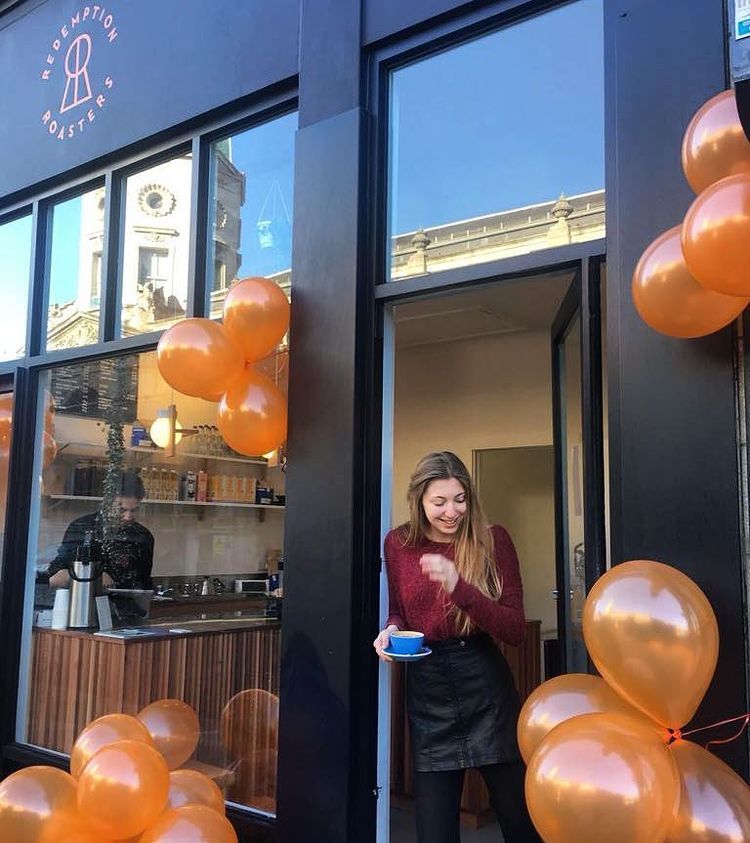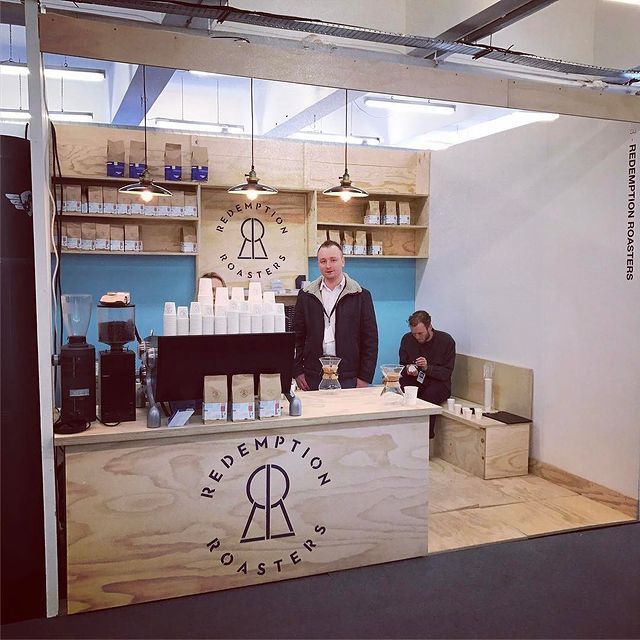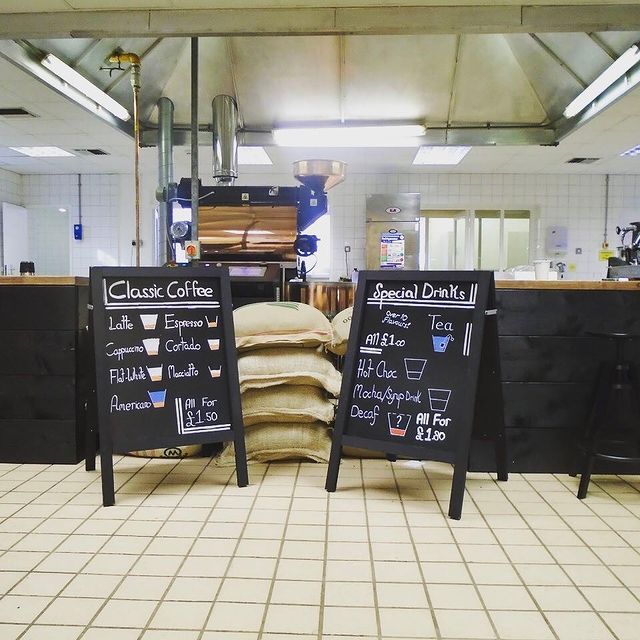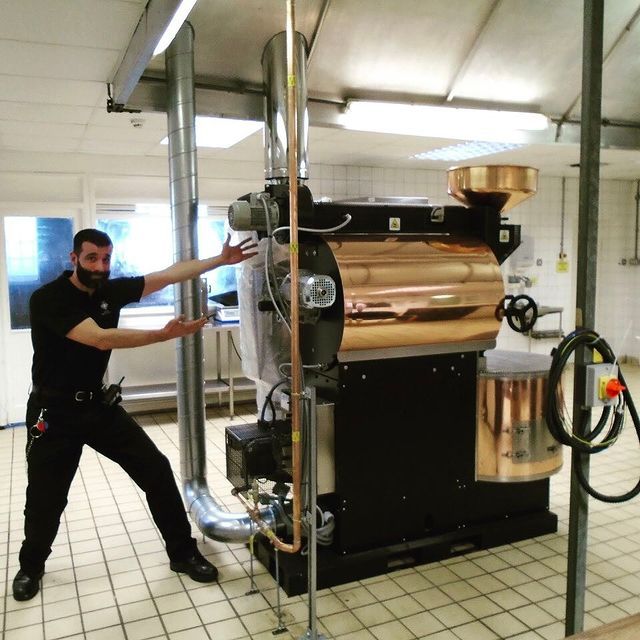Offering a new profession and reducing recidivism rate are the goals.

In the men’s penitentiary The Mount, located on the outskirts of London, a coffee roasting machine with a capacity of 70 kg was installed inside a training room. There, prisoners have the opportunity to develop their skills as baristas and roasters so that, as soon as they finish serving their time, they have a greater chance of reintegrating into society.
The roasted Arabica coffee beans at the site supply the London-based Redemption Roasters chain, which claims to be the world’s first coffee company operating inside penitentiaries. The chain offers the best specialty coffees from different producing regions, in micro-batches, which can also be purchased at specialty stores. Redemption has six stores spread across London, Barbican, Blomsbury, Broadgate Circle, Islington Hight Street, Kings Cross, and Liverpool Street.

The project started in April 2016 during the London Coffee Festival event, when Lee Johnson, then in charge of the Aylesbury recidivism reduction program, approached Max Dubiel and his partner Ted Rosner, asking if they would be interested in working with inmates, training them and giving them a chance to work as baristas after finishing serving their time.

They were interested in the proposal and went even further: They suggested training the inmates in the art of roasting as well, as long as they could set up a roaster inside the prison, as they were looking for a way to start a new company for this purpose. To do that, they found a new partner, Harry Graham. They invested £80,000 out of their own pocket to renovate the training center, and currently, they roast about three metric tons of coffee beans per week.
Inmates are given about four weeks of training with a teacher who is an SCA-certified barista. The course also covers teachings on the origins of coffee, tasting, as well as milling, extraction, and milk steaming techniques. After training, they undergo tests, and those who pass receive a barista kit, including an apron, tamper etc. After this phase, student receive instructions on how to make a perfect espresso in a state-of-the-art FAEMA coffee machine and are encouraged to create their own drinks. They are treated as employees, rather than as prisoners, with tasks and schedules to fulfill.
Redemption Roasters co-founder Max Dubiel was already running a coffee company when he was approached by the UK Ministry of Justice to propose a barista training program for inmates.
“At the end of the day, it is the right thing to do, as it takes people out of the vicious cycle of recidivism, which costs the taxpayer dearly, with about $53,000 a year per prisoner,” said Dubiel. “To make matters worse, it makes communities less safe and also creates victims. I believe we all need to do our part to reduce those figures in the country.”

The recurrence rate in England and Wales is one of the highest in Europe, according to a recent study. Almost half of all those who serve their prison sentences end up committing another crime in a year, according to the Prison Reform Trust.
“Having a stable home where you can go and a job makes a huge difference in the recidivism rate,” said Paul Crossey, deputy director of The Mount penitentiary.
By 2020, more than 400 prisoners had received the training program at The Mount and nine other penitentiaries in England and Wales. In the last year, 17 were hired by the coffee sector after leaving prison.

“When you hire a former offender, you hire an incredibly loyal, grateful and eager workforce to develop your career with you,” concluded Dubiel.
Grão Especial contacted Emma McKeever, the company’s marketing director, for an exclusive interview, although, unfortunately, that was not possible. McKeever argued that she was focused on serving only the British press and that, for that reason, she could not speak to Grão. We insisted once more, and the executive said that it would not be possible during the pandemic. She promised to give us an interview in the near future. We’ll make sure to remember it!
Good practices can and should be replicated around the world. A successful experience such as that of Redemption Roasters in the recovery of detainees should be of interest and maybe even be copied and/or adapted by nations interested in solving the problems of their communities.
Redemption Roasters – www.redemptionroaster.com
Sources: Business Insider and Financial Times
Photos: credits Redemption Roasters



